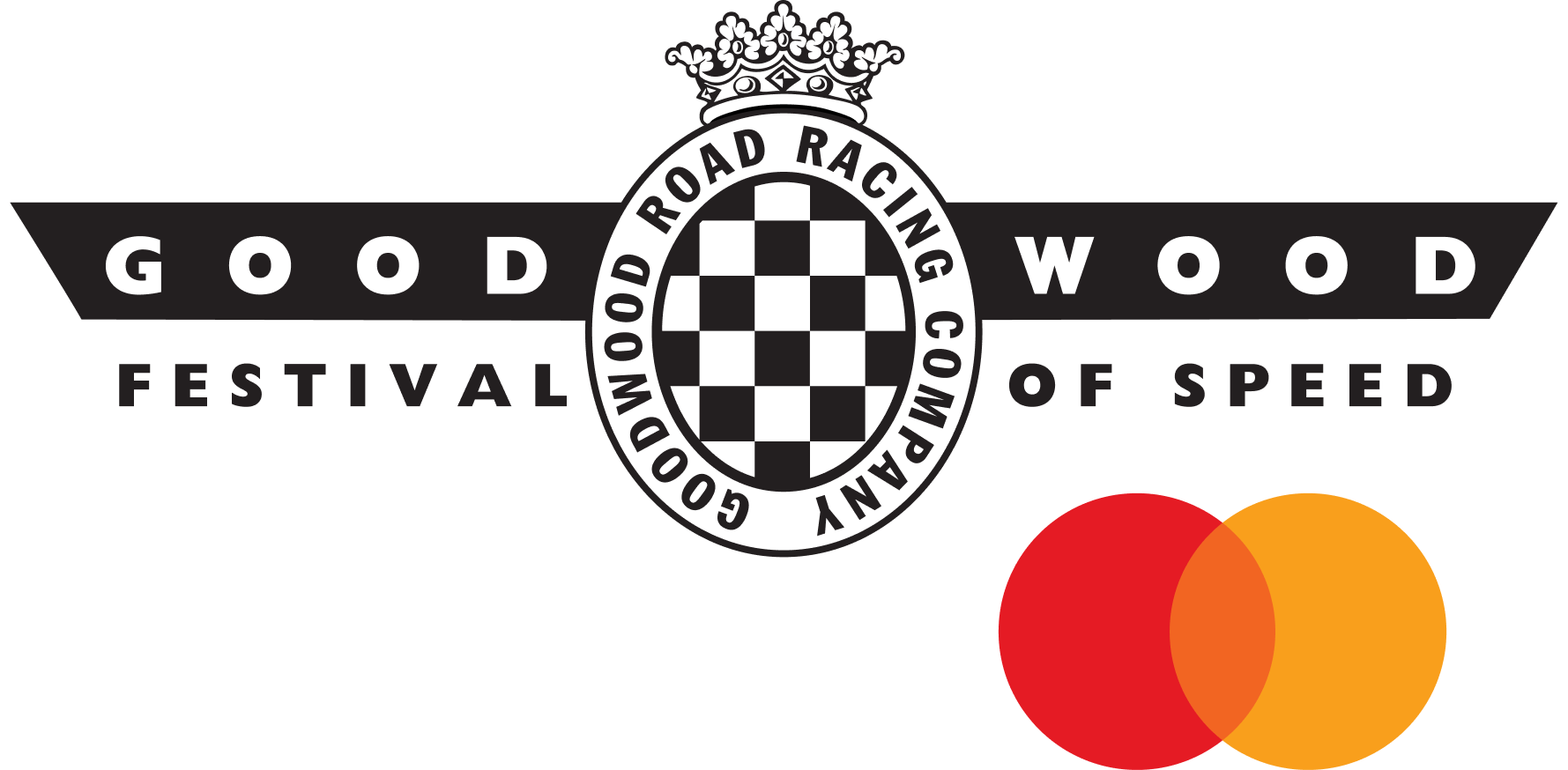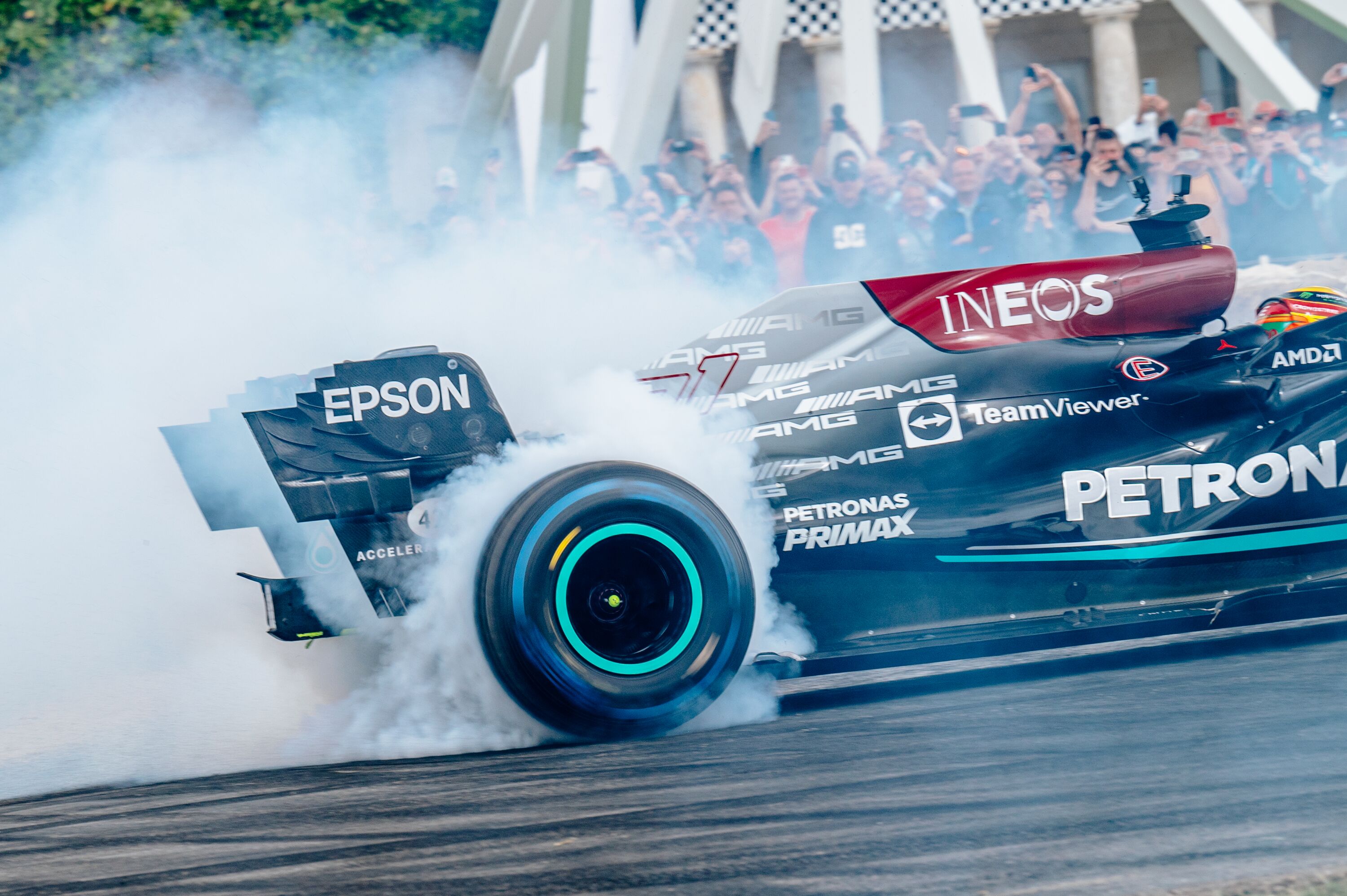F1’s ugliest innovation continues to save lives
I remember quite clearly the day the halo was unveiled. Kimi Raikkonen completed a single installation lap with a prototype attached to the cockpit of his Ferrari SF16-H in testing at Barcelona's Circuit de Catalunya on March 3, 2016. Raikkonen claimed at the time his visibility was "a bit limited" but that was the least of the concerns that were aired by his peers.

Aesthetically, the device was almost universally panned, with Lewis Hamilton the most damning as he described it as "the worst- looking mod in Formula 1 history". Via an Instagram post, Hamilton added: "I appreciate the quest for safety but this is Formula 1, and the way it is now is perfectly fine.” It has to be said that media and fans were also condemnatory, unsurprising given the halo was quite simply regarded as being ugly. It looked alien to an F1 car when you consider that for almost 70 years, there had been an unrestricted view of the driver.
It was another two years before the finalised version was formally introduced into F1, by which time Hamilton had tempered his remarks, appreciating the safety aspects and the forces it could withstand. Others were still less forgiving, including his own boss at Mercedes, Toto Wolff, who, following the launch of his team's car in 2018 made clear his immense dislike for the halo. "If you give me a chainsaw, I would take it off," declared Wolff. "We need to look after the drivers' safety but what we have implemented is aesthetically not appealing. We need to tackle that and come up with a solution that looks better. It's a massive weight on top of the car, you screw up the centre of gravity massively with that thing. As much as it's impressive to look at the statistics that you could put a bus on top, this is a Formula 1 car."

Red Bull's current reigning champion Max Verstappen was also vehemently opposed. “There needs to be a certain element of risk,” said the Dutch driver. "You can improve the car but we don’t need this thing on top of it. It’s not just the looks, I don’t think it is necessary. With the virtual safety car, a lot of risks are taken out already, the wheel tethers are quite strong so it is not easy to lose a wheel. If there is a part flying off the car it is not going to protect you anyway.”
Haas driver Kevin Magnussen was another whose scathing criticisms caught attention. At the time, the Dane said: “It takes away some of the passion that F1 is talking about. When you look at the car, it is ugly. F1 cars aren’t meant to be ugly. That is the reason that a Ferrari is more exciting than a Mazda. It is to do with passion. If it looks s**t, it is s**t.”
How times and tunes have changed, as now, just over four years on, the halo is being proclaimed as one of motorsport's greatest safety innovations, and it is hard to imagine an F1 car without it. Undoubtedly, but for the halo, this column would instead have been commenting on one of the darkest days in motorsport's history for decades at the British Grand Prix on Sunday as not one, but two drivers would have been killed.

Even going back to last September's Italian Grand Prix, Lewis Hamilton stated the halo saved his life in his collision with Verstappen as the Red Bull rolled over the top of the Briton's Mercedes. On that occasion, the front-right wheel of the RB16B brushed the top of Hamilton's helmet. Without the halo, the full weight of that portion of the car would have been brought to bear on the head of the seven-time champion. And who could forget Romain Grosjean's terrifying shunt at the 2020 Bahrain Grand Prix, which could have had its own horrifying outcome were it not for the strength of the halo.
Nine months on, F2 driver Roy Nissany was the latest to declare that "luckily the halo was there for me" as he would likely have been decapitated without it as Red Bull junior Dennis Hauger's Prema sliced across the oncoming DAMS as he was sent airborne after being launched off a sausage kerb. It’s hard to believe that just hours later a device so derided six years previously was again being hailed as a life-saver, which shows just how far we have come in such a short period of time.

The sight of Zhou Guanyu's Alfa Romeo skidding along the Silverstone asphalt on the halo, casting a shower of sparks after his C42 had been flipped upside down and the roll hoop had collapsed, was shocking. The Chinese rookie continued to slide across the gravel before momentum hurtled him over a tyre barrier and into the catch fencing, coming to rest between the two. The fact he escaped without a scratch underlines the work that has gone into the safety of F1 cars, in particular, since the dark days of the 1994 San Marino Grand Prix when Roland Ratzenberger and Ayrton Senna were killed in that one fatal weekend. Zhou singled out the halo especially, however, for saving him.
To some degree, those two incidents overshadowed Carlos Sainz's maiden F1 victory at the 150th time of asking. It is fitting, therefore, that the Ferrari driver should conclude this particular column with words of praise for the FIA, which has been under fire for many months given its handling of the Michael Masi affair and its subsequent aftermath. "When I saw it [Zhou's accident], I was completely shocked," said Sainz. "The fact he came out of it is crazy. I find it incredible you can come out of it. We sometimes criticise the FIA but you need to give it to them, how much they've been helping us with their amazing work in safety. They've saved probably two lives."
Hamilton, Nissany and Zhou are all still alive today thanks to the halo. No-one would dare take a chainsaw to it now.
Images courtesy of Motorsport Images.
Formula 1
F1
F2






